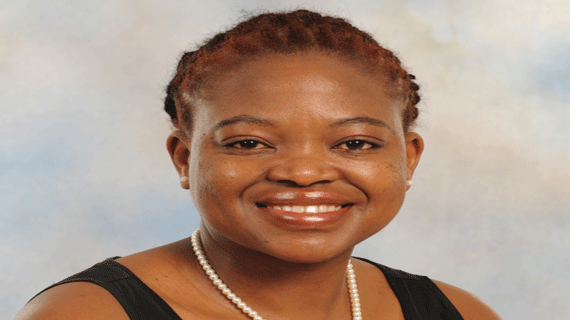
THE 2014 elections in South Africa have come and gone and it’s business as usual. Alarmists had predicted doom and gloom and post-election violence.
However, on the whole the elections were concluded with alacrity and deemed free and fair. Even though Julius Malema had made allegations of election rigging he concluded that there are no perfect elections and accepted the result, which is a display of political maturity.
Elections are like exams. Many months are spent in diligent preparation trying to rally support. Campaigning is not cheap either with some parties having had budgets of over R200 million. The exam itself is conducted over one day when the electorate cast their vote which will ultimately be the deciding marker as to which party ends up victorious.
Then the exam results are the counting and tallying of the votes. This is indeed the most exciting part of the election process.
The African National Congress (ANC) emerged victorious, an outcome which was never in doubt. What was in contention were the numbers.
I think it’s time opposition parties realise that it takes more than just militant campaigning six months before an election to uproot these ruling parties with strong liberation credentials. Despite its internal politics, people will still vote for the ANC based on historical and sentimental reasons.
The ANC managed to garner 62,1% of the votes, but this was a decline of 65,9% it received in 2009. Clearly the ANC will be worried by the declining support in all but three provinces: the Eastern and Northern Cape and Kwazulu Natal.
It suffered outright defeat in the Western Cape where it only managed to gain 31,5% of the vote. It would also appear that the ANC is slowly losing its grip in Gauteng, the economic powerhouse of the country. In 2009 they had 64% of the vote, but in the concluded election this has been lowered to 53%.
- Chamisa under fire over US$120K donation
- Mavhunga puts DeMbare into Chibuku quarterfinals
- Pension funds bet on Cabora Bassa oilfields
- Councils defy govt fire tender directive
Keep Reading
Clearly the driving force behind this loss has been e-tolls and service delivery issues. The loss of support is indeed a cause for concern for the ANC and something the party needs to re-evalaute and act on ahead of the 2018 election.
Furthermore, those numbers clearly illustrate that there is a growing opposition force that is slowly gaining traction.
Of the 29 parties that contested only 11 managed to make the parliamentary grade. Some of these smaller parties serve to split the opposition vote and would make more traction if they consolidated into one.
Don’t get me wrong, I welcome a solid opposition which like the Democratic Alliance (DA) has shown sustainability and continues to grow from strength to strength. In 2009 they had 16,7% of the vote and in 2014 this has grown to 22,2%. With 89 seats in Parliament against the ANC’s 249 seats, the DA is the second largest party in South Africa.
What they have demonstrated is staying power. The fallacy that belies most opposition parties are one-hit wonders. They are top of the charts in one election and then you don’t get a whiff of them in the next election.
The Congress of the People (Cope) is one such party which made a huge debut in 2009 sweeping 7,4% of the vote, but had a poor showing in the recent elections only taking less than 1% of the vote. Now Cope has effectively been replaced by the Economic Freedom Fighters (EFF) as the third largest opposition party.
For a new kid on the block, the EFF they did extremely well by landing 25 seats in the National Assembly. I am all for opposition parties in politics. They serve to keep the right hand in check.
I look forward to the robust parliamentary debates that will follow with this new found diversity.
However, an opposition party should not be there for the sake of opposing and hindering progress. It should provide constructive criticism and contribute positively.
Most of all, it should be sustainable. It’s also interesting to see that Agang SA, managed to scrape two seats. For all the pomp and ceremony that accompanied its launch it bombed at the polls performing dismally.
However, many will welcome Mamphela Ramphele’s incisiveness in Parliament.
The elections concluded, the hard work now begins. We will wait to see how the promises and manifestos will play out over the next five years. This is where the real evaluation will take place.
Sue Nyathi is the author of the novel The Polygamist. You can follow her on Twitter @SueNyathi










